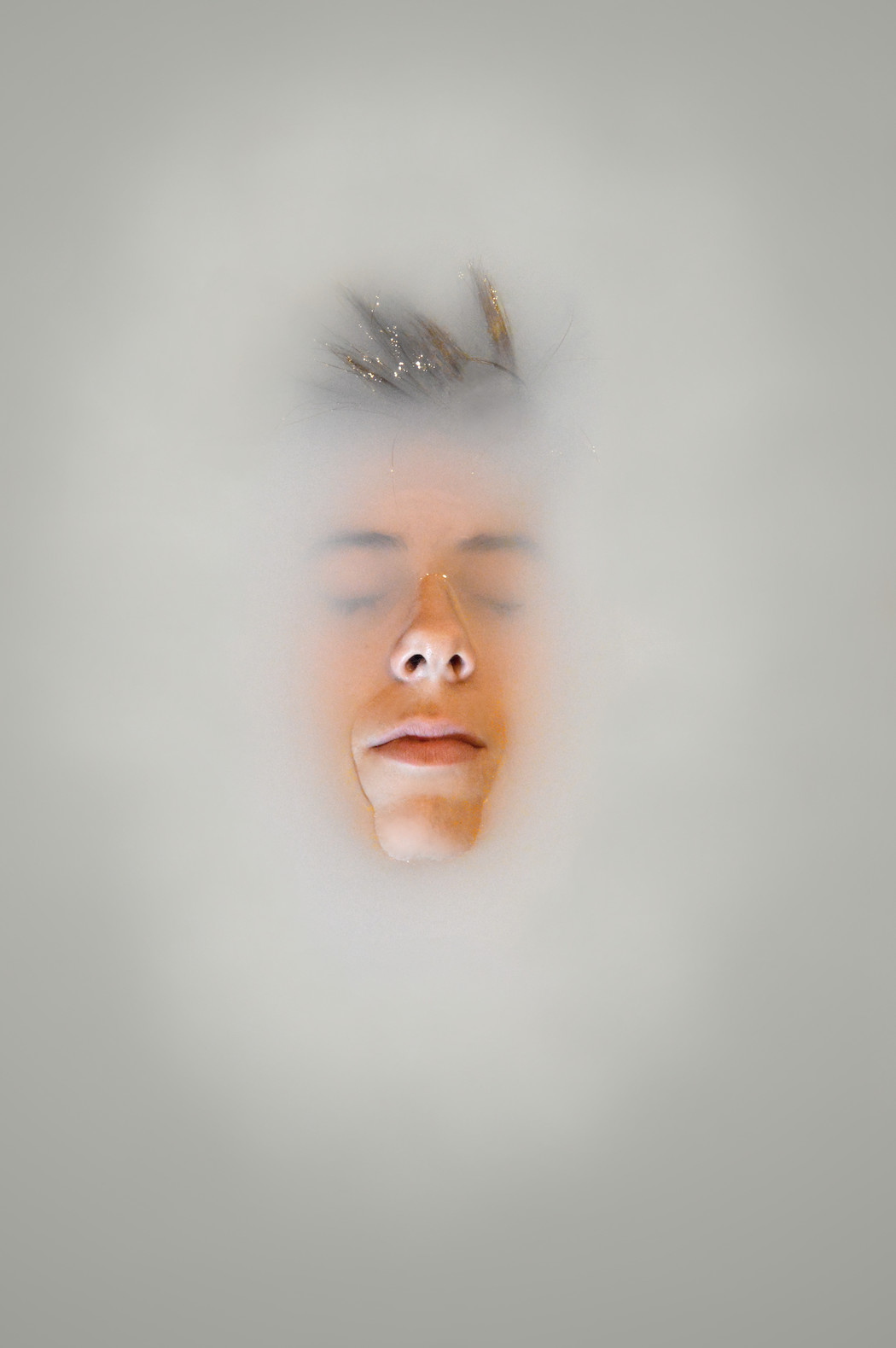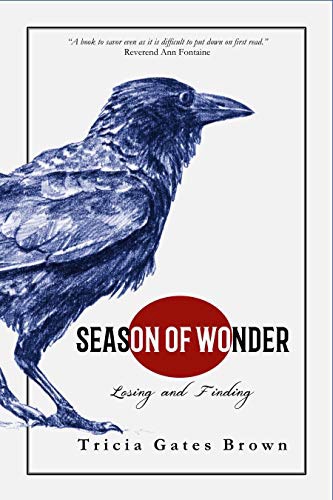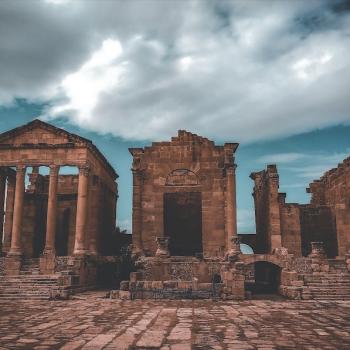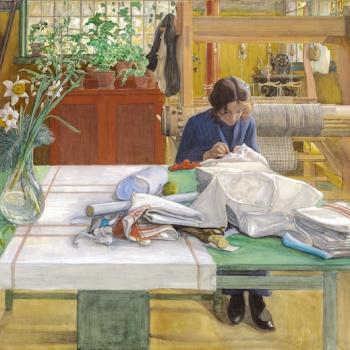
It has been years since I had a shower. In 2007, when I built a little cottage in a big woods, I installed a 100-year-old clawfoot with a cranberry-red exterior. Found on Craigslist, it’s provenance was a Victorian house in a nearby city. Both my contractor and plumber tried to talk me out of it, calling it impractical—the tub was heavy, old and worn, and challenging to install. Yet while this was true, they couldn’t see their misguided motives, clearly the result of too little bath-taking. They encouraged me to install a generic shower enclosure with a bathtub. But anyone who’s tried to recline in such enclosures knows the tubs don’t conform to the human body, being we are not shaped like praying mantises.
I have a penchant for submerging in water. Though it’s indulgent, I bathe most mornings and soak in a hot tub every night. Both tubs invite contemplation, a staring off into space. Bathing slows people down. Who has time for this? … Who doesn’t? If you have a tub you fit into (some are simply too tall), you’ll find few cheaper pleasures or better therapies.
Jon Kabat-Zinn speaks of cultivating intimacy with the spaciousness of our minds, and bathtubs are a great place for this. What he describes is an old practice known as “contemplation” in religion. It assumes our minds are spacious, and that we become intimate with that spaciousness—noticing it, feeling how it feels, observing our thoughts, listening for wisdom’s quiet whisperings—as we practice presence. I would align this spacious kind of “mind” with the unconscious mind—the part of us most conducive to (a conduit for) Spirit.
On the other hand, the conscious mind is the part most unkempt and cramped, like an old filing cabinet. It is where we store learnings that we are aware of, our neurosis, fears, and prejudices, as well as fact-learning, positive emotion, memories. As the conduit for Spirit, our unconscious minds are as vast and spacious as the universe (while also harboring the cerebral space-junk—again, neurosis, prejudices, fears—we are unaware of). Curiosity about the unconscious offers endless possibilities for inspiration, insight, and growth, and expands our awareness, moving materials from the unconscious mind to conscious.
We can also cultivate intimacy with the less spacious parts of our minds, however—the cramped attics where hoarding of life’s clutter leaves little room to navigate. If we don’t go into the attic with the intention to acknowledge the mess and clean it up, we forever struggle with disquiet and act out of confusion.

Clearing up Confusion
Without time to listen introspectively, I become agitated. Usually the agitation comes from feelings I haven’t acknowledged and felt, or from insights Spirit is trying to teach me that I need space to see/hear/absorb. Surveying the world around me, I sense a lot of disquiet, and expect this stems from a lack of contemplation in modern life. I am an introvert, so the need for solitude and introspective recharging is pronounced in me. Yet one of my close friends is a consummate extrovert and she too requires contemplation to hone in on precisely what needs processing—even if she ultimately processes verbally.
Our “separate selves” that we forever guard and promote are always concocting expectations—what we want and think we deserve. When these egos aren’t satisfied, we have a sense of disquiet. Only contemplative observation allows us to see what’s happening in these moments—that we’ve been led down a rabbit trail of striving—so we can stop and remember we are cared for. Most importantly, contemplation reminds us to take a deep breath and trust.
Contemplation or thoughtful, mindful listening is different from the deluge of endless self-absorbed thought-babble the conscious mind serves up in heaps like food at a small-town smorgasbord. Some thought-babble happens all the time whether we get quiet or not. But if we’re able to observe and notice the thought-babble, it somehow loses momentum and quiets down. Such observation is called “mindfulness.” Mindfulness is powerful because babble thrives on being unwatched.
Thought-babble even takes place while we are bathing! Since contemplation isn’t our human default, it requires not just being in quiet and space, but doing so with a bit of intention and awareness. It usually requires experience with contemplation. I personally find baths to be great for this practice. But for others, walking may be more conducive, or sitting in a quiet room, lying in bed, gardening, cooking a meal, or an activity like dancing.
My cats are models of quiet presence—maybe even contemplation. My oldest cat Lupe often visits me at the hot tub and laps up the warm salty water. Come to think of it, that is a good metaphor for contemplation: dipping in and tasting the salt.
Life is full of flavor and we are here to savor it.
____________
{An earlier version of this essay appeared in my collection Season of Wonder}
Season of Wonder, available HERE.


















